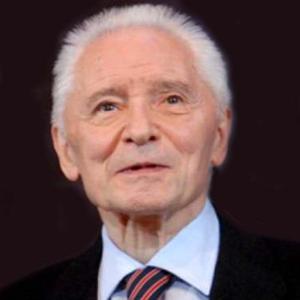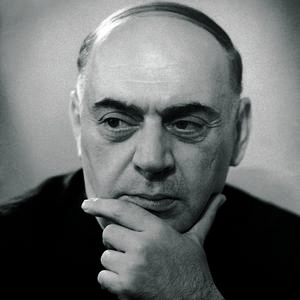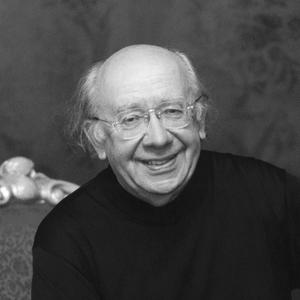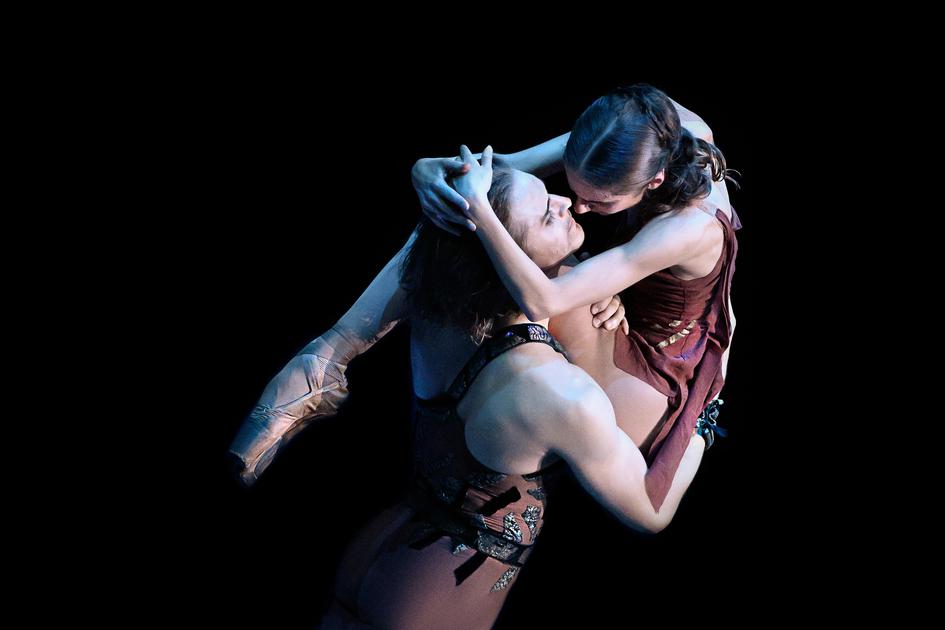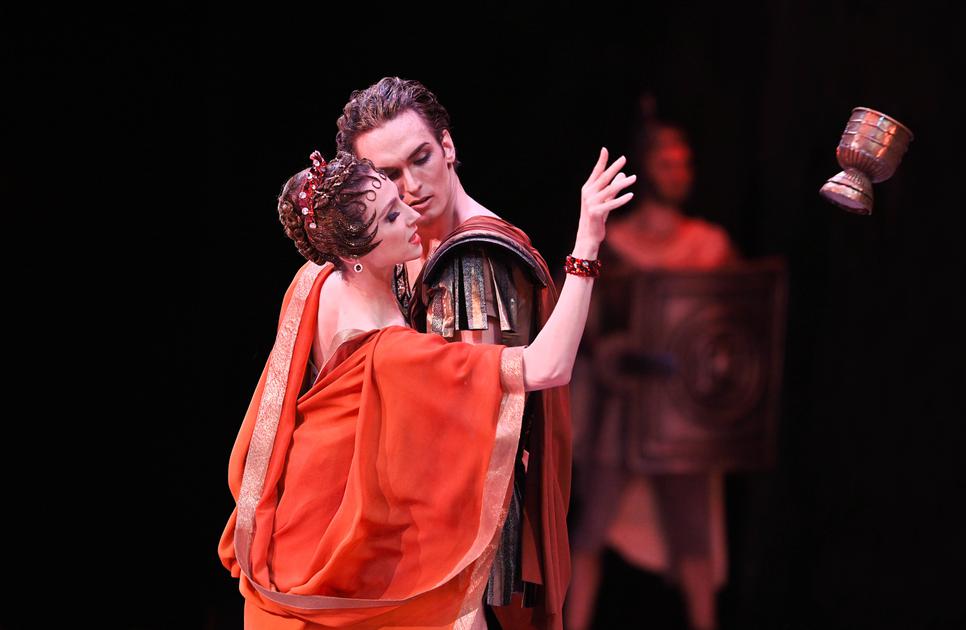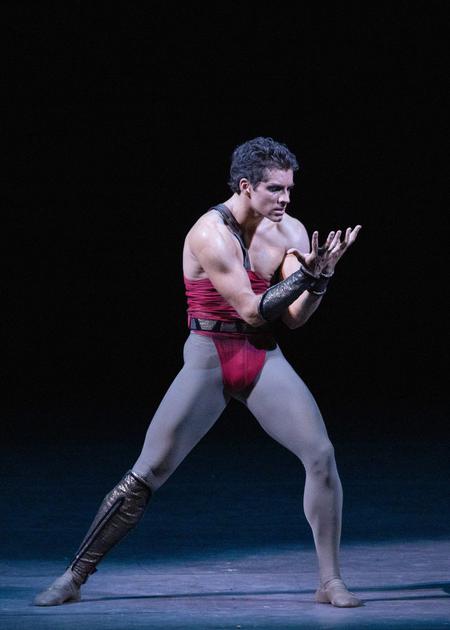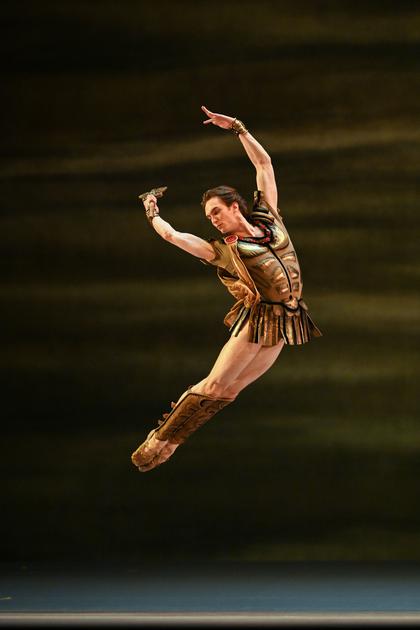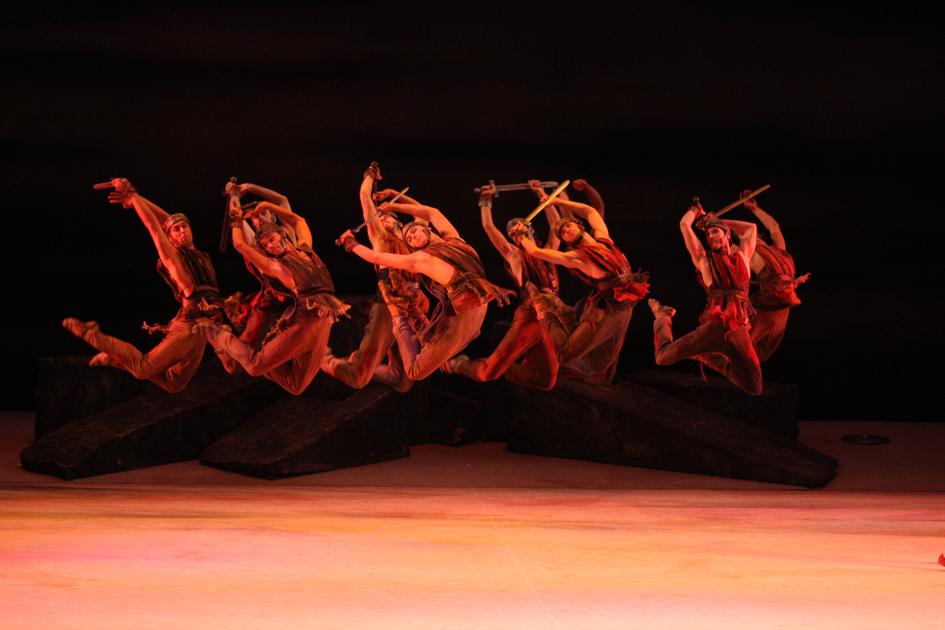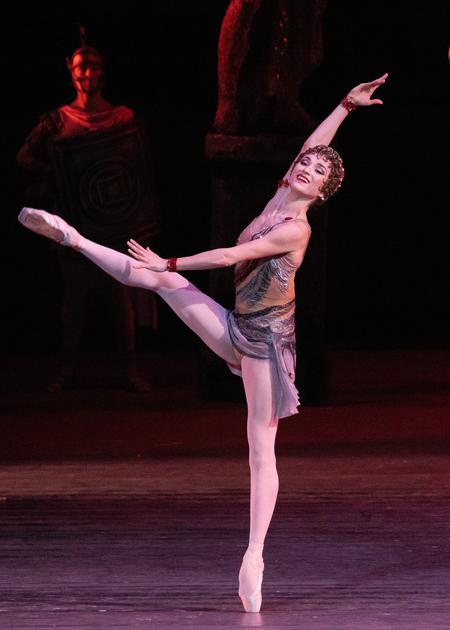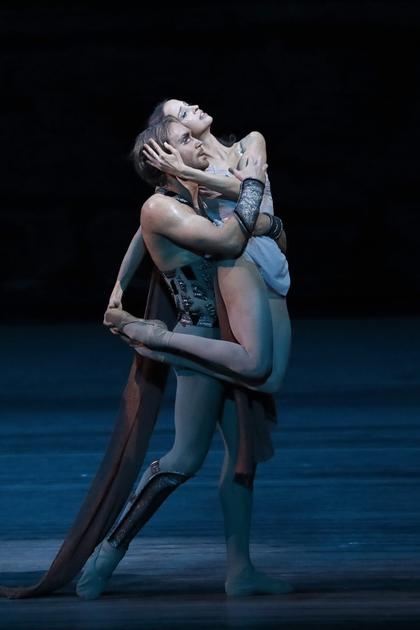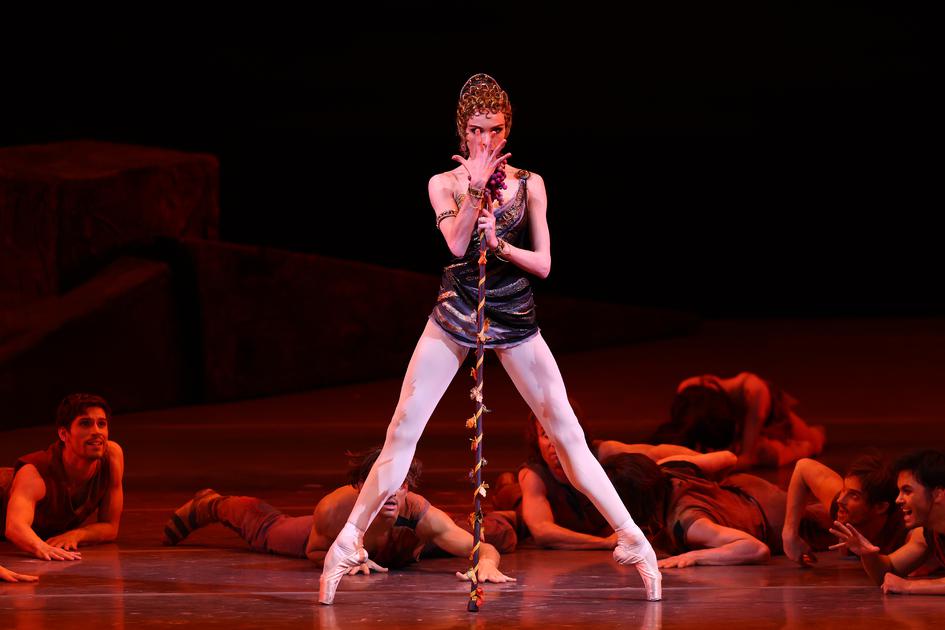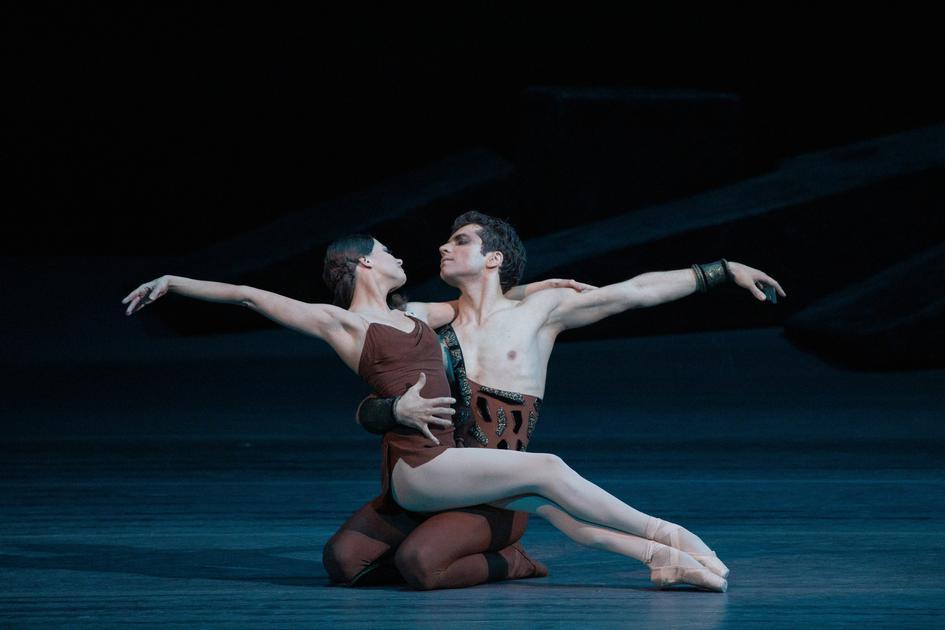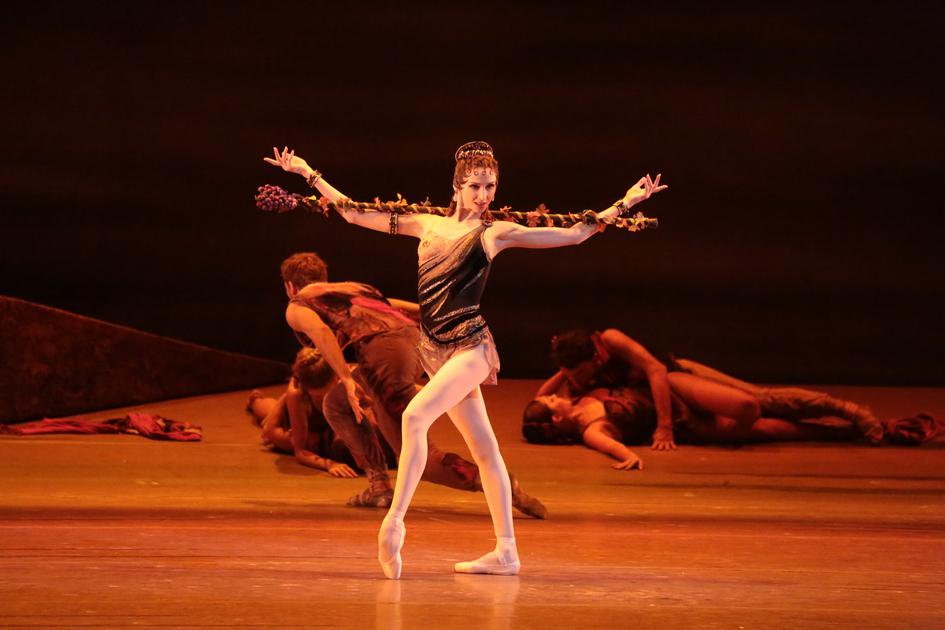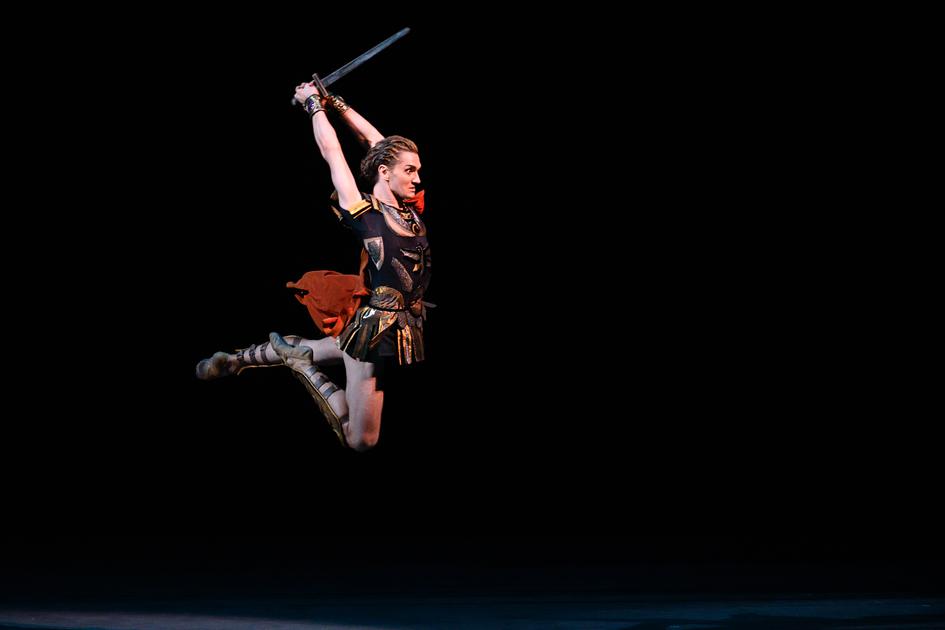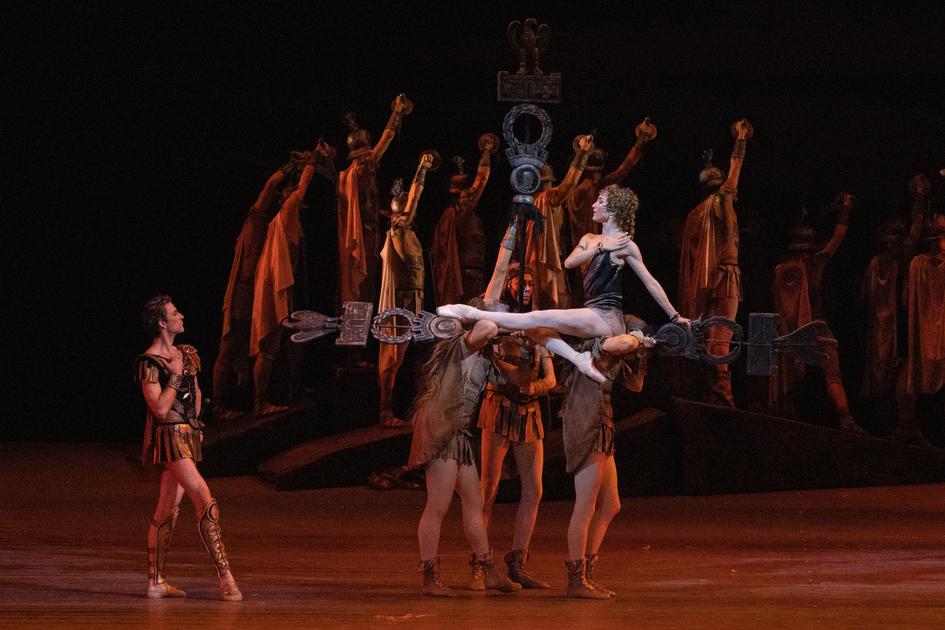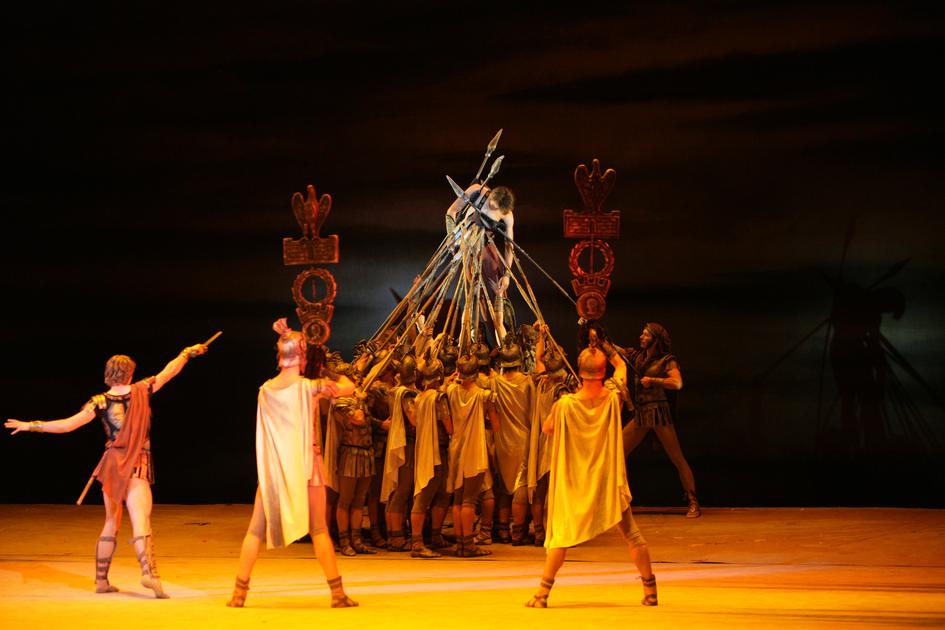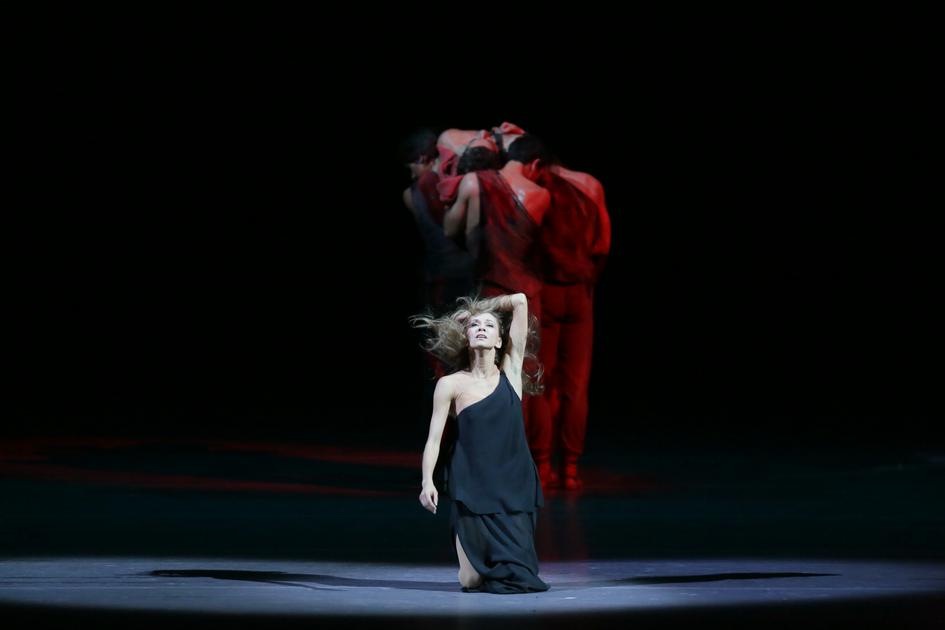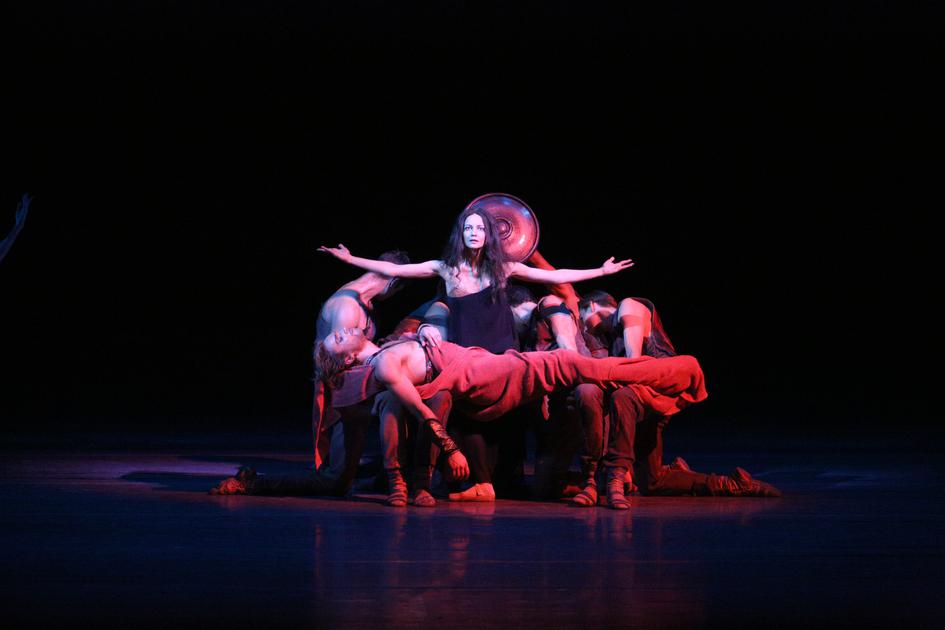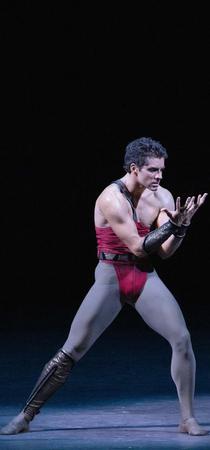
Aram Khachaturyan
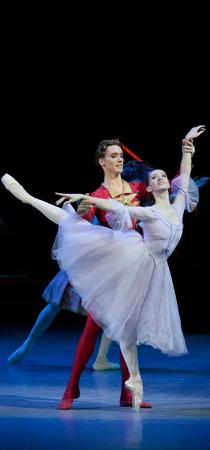
Pyotr Tchaikovsky
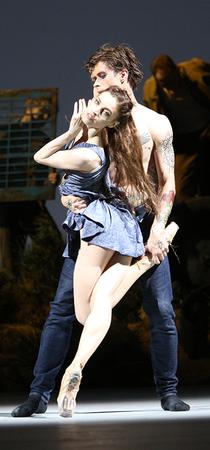
Ilya Demutsky
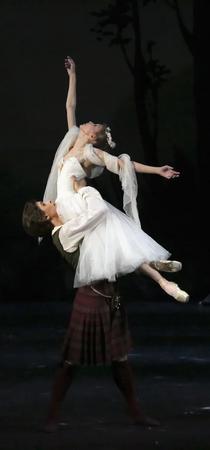
Herman Severin Levenskiold
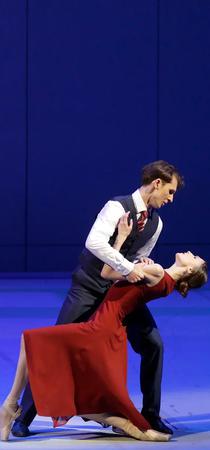
to music by Pyotr Tchaikovsky Alfred Shnitke, Cat Stevens / Yusuf Islam
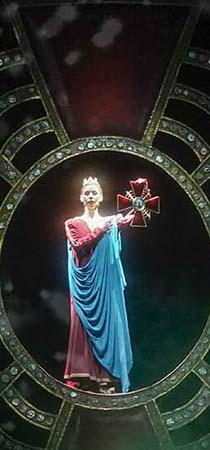
to music by Valery Gavrilin
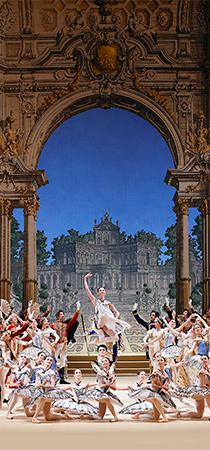
Ludvig Minkus, Edouard Deldevez
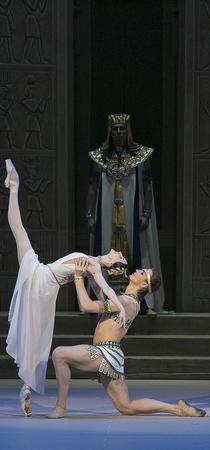
Cesare Pugni
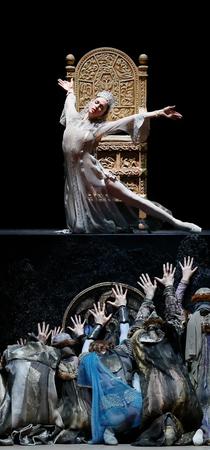
to music by Sergei Prokofiev
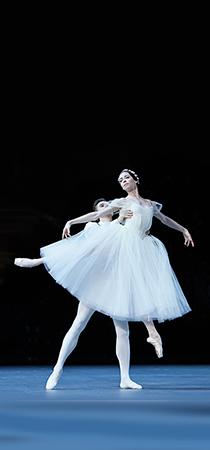
to music by Frederic Chopin
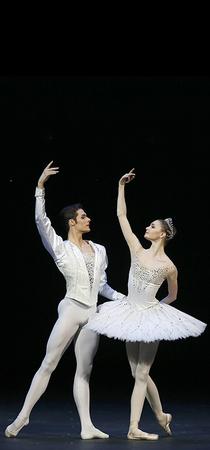
to music by Gabriel Fauré, Igor Stravinsky, Pyotr Tchaikovsky
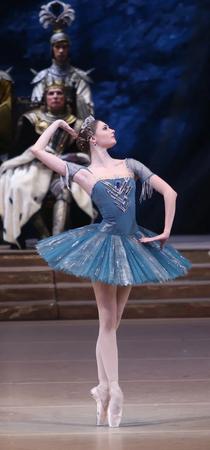
Alexander Glazunov
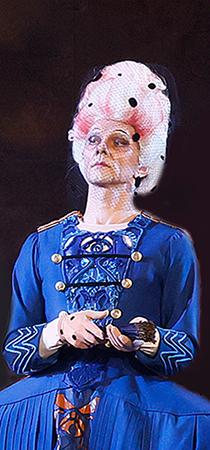
Pyotr Tchaikovsky – Yuri Krasavin
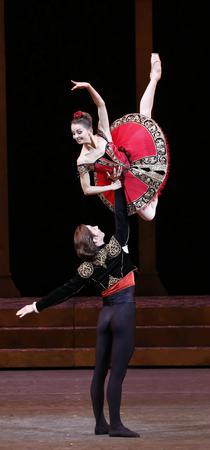
Ludwig Minkus
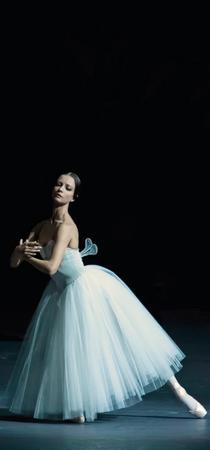
Adolphe Adam
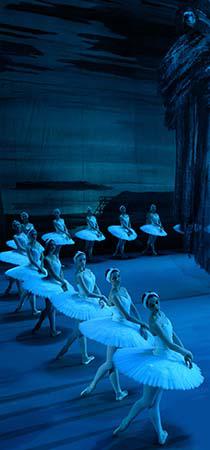
Pyotr Tchaikovsky
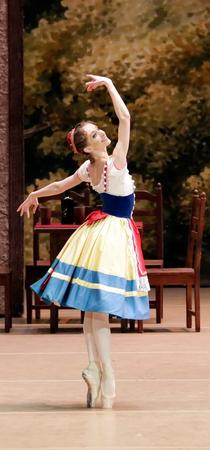
Leo Delibes
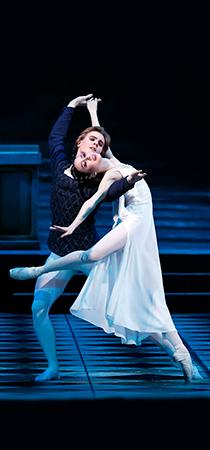
Sergei Prokofiev
Yuri Krasavin
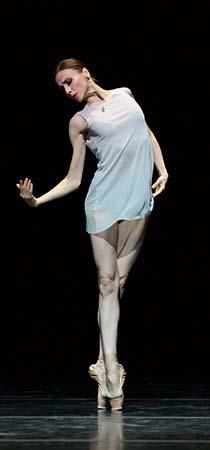
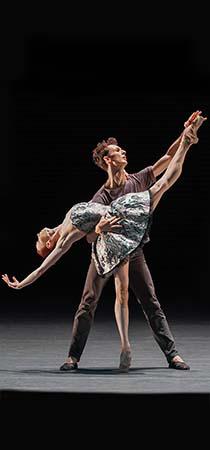
Yuri Krasavin
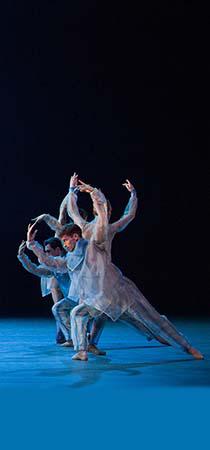
Alexander Glazunov
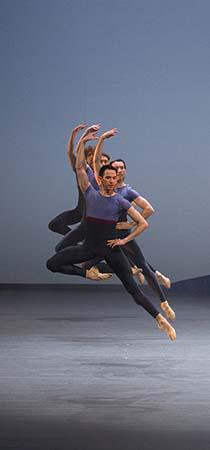
to music by Anatoly Korolyov
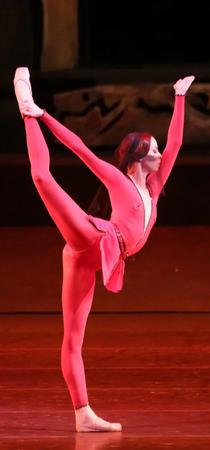
Arif Melikov
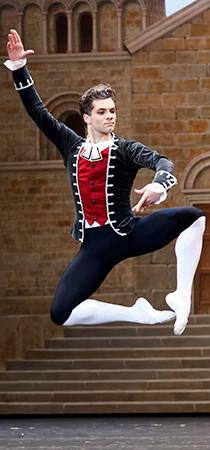
Daniel-François-Esprit Auber
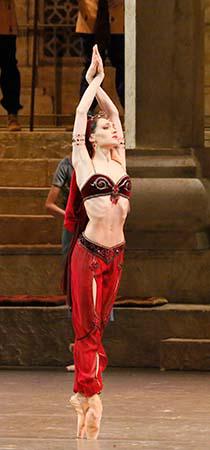
Ludwig Minkus
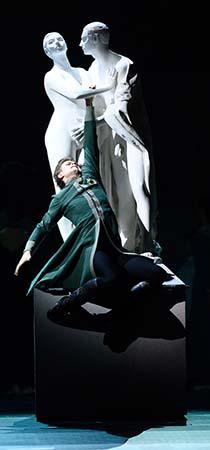
Joby Talbot
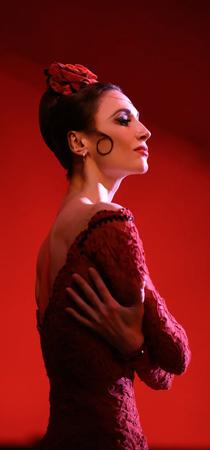
Georges Bizet–Rodion Shchedrin
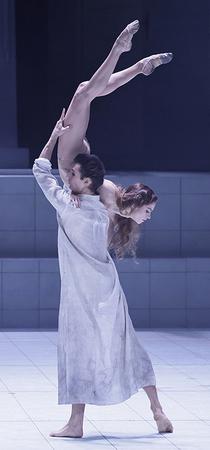
to music by Alfred Schnitke and Milko Lazar
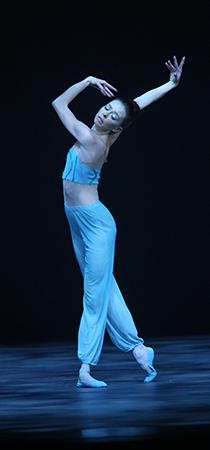
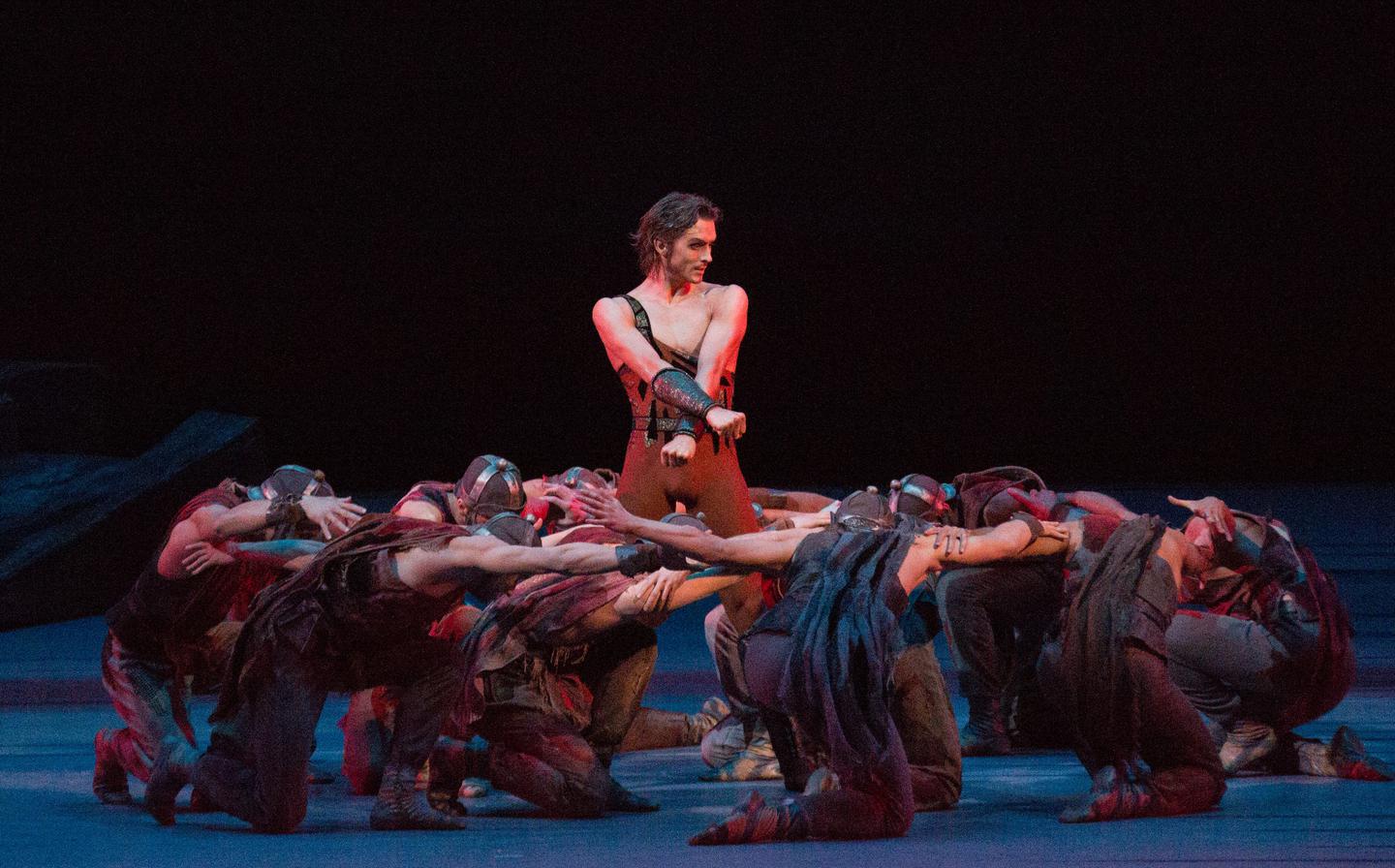
In the 1950s, the stage rehearsals of a new ballet were taking place simultaneously in Moscow and Leningrad. At the Bolshoi, Spartacus was being prepared by Igor Moiseyev, at the Kirov Opera and Ballet Theatre (now Mariinsky) by Leonid Jakobson. The Leningrad premiere was given on the 27th of December 1956 and forestalled the Moscow one by almost two years. The latter was staged on the 11th of March 1958. At the premiere, the role of Aegina was danced by Maya Plisetskaya and Harmodius by Nikolai Fadeyechev. Moiseyev’s version was performed only six times during one season and then disappeared from the stage for ever.
Jacobson had reconsidered and enriched his Leningrad version, and transferred his production to the Bolshoi Theatre in 1962. Both primary references to Spartacus turned out to be just a small step towards the grand success that was to await the production by Yuri Grigorovich. The premiere of the world-famous ballet Spartacus, that has become a calling card of the Bolshoi Theatre, took place on the 9th of April 1968.
Premiered on April 9, 1968.
Sunday, 14:00
Saturday, 19:00
Saturday, 12:00
Friday, 19:00
Thursday, 19:00
Wednesday, 19:00
Wednesday, 19:00
Tuesday, 19:00
Thursday, 19:00
Wednesday, 19:00
Tuesday, 19:00
Thursday, 19:00
Wednesday, 19:00
Tuesday, 19:00
Sunday, 14:00
Saturday, 19:00
Saturday, 12:00
Friday, 19:00
Thursday, 19:00
Wednesday, 19:00
Sunday, 14:00
Saturday, 19:00
Saturday, 12:00
Friday, 19:00
Saturday, 19:00
Saturday, 12:00
Friday, 19:00
Sunday, 19:00
Act I
Scene 1
Invasion.
The military machine of imperial Rome, led by Crassus, wages a cruel campaign of conquest, destroying everything in its path. Among the chained prisoners, who are doomed to slavery, are Spartacus and Phrygia.
Spartacus’s Monologue.
Spartacus is in despair. Born a free man, he is now a slave in chains.
Scene 2
The Slave Market.
Slave dealers separate the men and women prisoners for sale to rich Romans. Spartacus is parted from Phrygia.
Phrygia’s Monologue.
Phrygia is overcome with grief. She thinks with horror of the terrifying ordeals that lie ahead of her.
